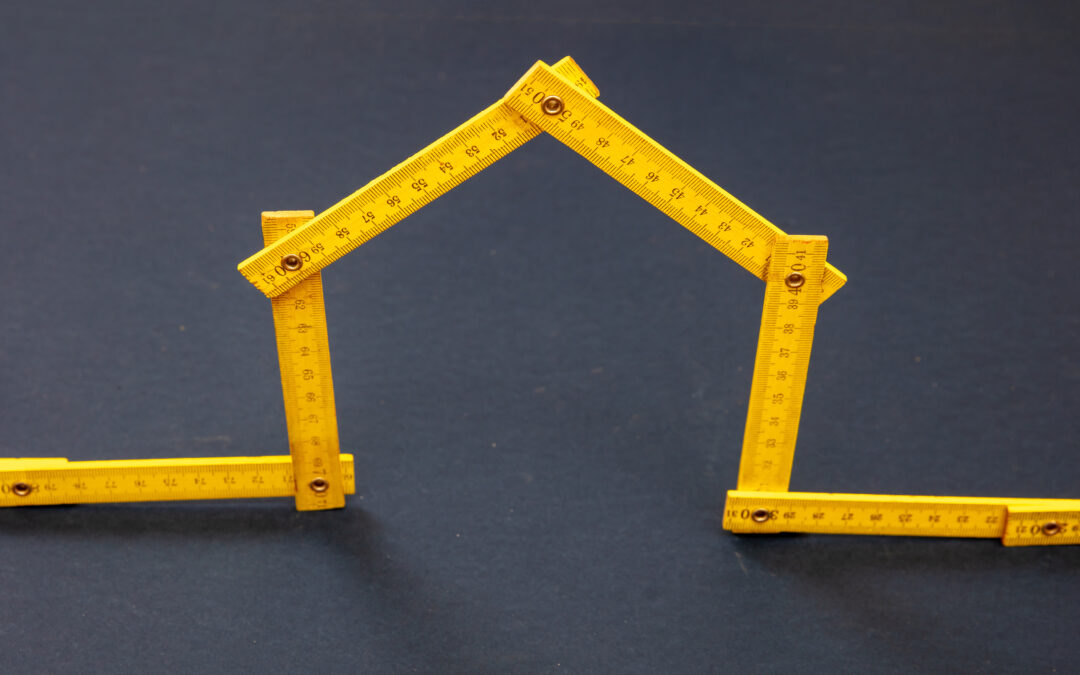The square footage of your home is an important specification for valuation purposes, but sometimes the appraiser’s calculation of your property’s square footage differs from the square footage used in your tax assessment. Here’s what to do in that situation.
How to Determine if the Square Footage is Inaccurate
You should start by requesting to see your home’s property card from your county’s department of assessment. Many cities and counties allow you to look it up online. Make sure that any recent (permitted) additions are included in the records.
Here’s how to calculate the square footage of your home on your own, without the help of a professional appraiser. You might want to try that first to make sure the square footage is really off, before contacting a professional. Keep in mind that below grade spaces (like a finished basement) do not usually count toward a home’s square footage.
Reasons for Appraisal Square Footage Discrepancy
There are many reasons why the government’s assessment of your property and the square footage calculated by a home appraiser may differ. If your assessor uses an estimation to determine square footage, there’s a good chance that this figure may not be precise.
In other cases, simple measurement errors are to blame, and these mistakes can originate with the home builder, the assessor, your home appraiser, or communication errors if the wrong information is provided to the county assessment office.
Finally, there may be conflicts between original plans or additions and the permits obtained for the work, depending on whether the work was ever completed. For instance, you might obtain a permit for an addition yet decide later not to move forward with those plans. It’s easy for the assessment office to make incorrect estimations based on these records.
What to Do If the Square Footage is Wrong on Your House
If you believe that the public records are inaccurate, you should contact your local assessment department to request that the data be reviewed. The process varies by location; some may ask you to file an appeal or submit a grievance.
It may help to hire a professional appraiser to assess the square footage of your home, so you can submit the recent appraisal to the department to review and make any adjustments if necessary.
Keep in mind that square footage can affect your home’s assessed value, which has an effect on how much property tax you pay. If the actual measurements taken by a home appraiser result in a higher square footage than the tax assessment office has on record, using the higher square footage calculation could increase the value of your home. That’s great if you want to sell, but it may also increase your property taxes.
Why the Correct Square Footage Matters
If you’re selling your home, the square footage is one of the most important specifications buyers look for. A difference of even a few hundred square feet can lead to potential buyers overlooking your property if they are searching for a home with a minimum amount of square footage. Since many real estate websites pull information about homes from public records, it can also result in incorrect square footage on online listings. In addition, your local governing agency will look at the square footage of your house when assessing its value, which has an effect on how much property tax you will pay.


Recent Comments